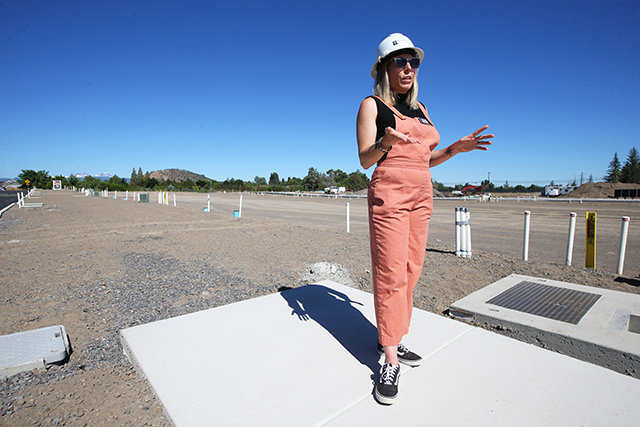Where self-criticism is back in vogue
Published 5:00 am Saturday, September 28, 2013
BEIJING — Chinese people switching on their 7 p.m. television news might have done a double take, suspecting that the state broadcaster had mistakenly plugged in a tape from the 1970s before the death of Mao Zedong.
For 24 minutes, the flagship Chinese news — probably the television program with the largest viewership — showed President Xi Jinping presiding over an extraordinary public session in which Communist Party cadres in engaged in self-criticism.
Trending
Self-criticism, the Communist Party’s equivalent of group psychotherapy, is a venerable tradition that has largely lost steam since the 1966-76 Cultural Revolution, when people denounced themselves and one another, donning dunce caps and delivering beatings. Although party members are still required to practice self-criticism, it has been in recent years largely pro forma. In fact, they can buy self-criticism essays online if they don’t know what to say.
The trick is to identify a fault that sounds plausible but not too embarrassing. In the session Wednesday, the task involved senior party officials in Hebei province’s capital, Shijiazhuang, 200 miles southwest of Beijing.
Cadres said that the Hebei Communist Party secretary didn’t pay enough attention to poor people and that their provincial governor wasn’t patient and didn’t listen attentively when they delivered their work reports.
“I always felt my opinion was right. I put myself above others. I liked to criticize others,” the governor, Zhang Qingwei, said on television.
In keeping with an austerity campaign announced by Xi, Zhang criticized his province for spending too much money on banquets.
Ai Wenli, Hebei’s propaganda chief, volunteered that the province had spent $500,000 on celebrity entertainers at a Chinese New Year gala. “That was a big waste of money,” Ai said. “Our banquets were excessive. There was too much eating and drinking.”
Trending
The officials said the province spent too much money on government cars, about $74 million last year.
“When I became party secretary, they assigned me an SUV. I knew it was excessive, but I really enjoyed riding in that SUV,” said Sun Ruibin, the Communist Party secretary for Shijiazhuang.
Seated around a large conference table, the 25 cadres, with the exception of one woman, wore white shirts, no ties. Some wore zipped windbreakers emulating a down-to-earth style popularized by Xi.
The officials hastened to applaud themselves for their candor and suggested that they ought to do it more often.
Since becoming president in March, Xi has revived many Mao-era slogans and tactics, embarking on a “rectification” campaign to root out corruption and a “mass line” campaign to purify party ideology.
The spectacle of party officials criticizing themselves and one another on television drew praise Thursday from the state media and ridicule from many social critics and microblog commentators.
“Lies, cliches, empty words. They’re all sycophants,” wrote one critic.
Another marveled that none of the officials confessed to “putting their children on the payroll, trading power for money or keeping mistresses.”
“The Hebei province government really is made up of model officials,” the microblogger commented.








